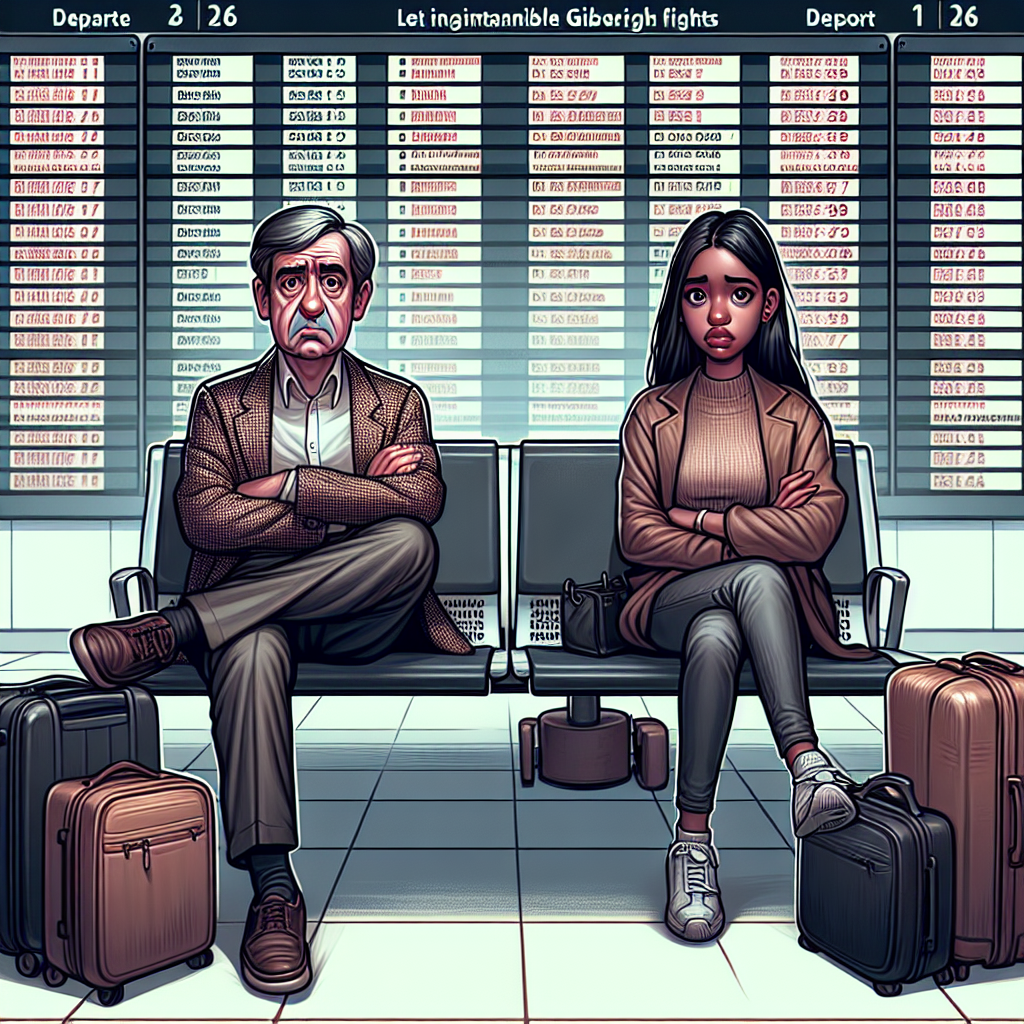Judges Set New Limits on Trump's Deportation Tactics
U.S. judges are imposing stricter regulations on President Trump's efforts to deport alleged Venezuelan gang members under the Alien Enemies Act, after the Supreme Court lifted an earlier ban. Migrants must now be notified and given a chance to legally challenge deportations as per new court rulings.

U.S. judges announced fresh restrictions on President Donald Trump's attempts to deport alleged Venezuelan gang members, invoking the 1798 Alien Enemies Act. This comes after the U.S. Supreme Court overturned a previous comprehensive ban on these expulsions.
Manhattan's U.S. District Judge Alvin Hellerstein mandated that migrants detained in certain New York areas slated for deportation must receive notification and an opportunity to contest the action legally. In Brownsville, Texas, Judge Fernando Rodriguez temporarily halted the deportation of three Venezuelans being held in Raymondville while deliberating on further actions.
The Supreme Court's conservative justices in an unsigned 5-4 decision, lifted restrictions set by Washington-based U.S. District Judge James Boasberg. The court insisted, however, that the government must thoroughly inform detainees to facilitate a challenge to their deportation. The ACLU has actively challenged these deportations in Manhattan and indirectly in Texas, stressing that the Alien Enemies Act is not applicable in this scenario.
(With inputs from agencies.)
ALSO READ
Controversy Erupts Over Immigration Enforcement Shootings
Federal Judge Halts Trump's Bid to End Immigration Protections
Supreme Court Tariff Ruling: Corporate Boondoggle or Economic Fair Play?
Supreme Court to Rule on FCC's Authority Over Wireless Carriers
Supreme Court to Consider Cisco's Alien Tort Statute Appeal










